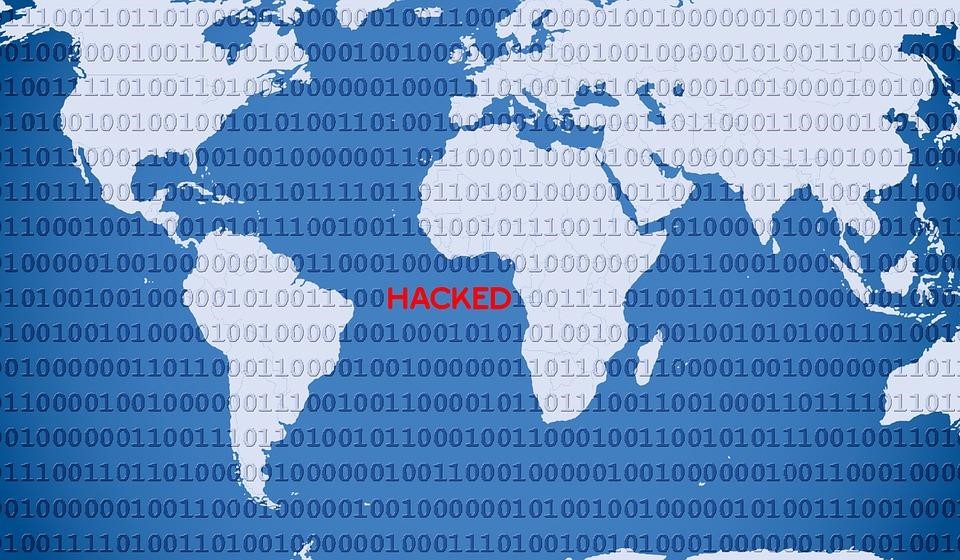It’s common knowledge that torrents are by far the most effective and fastest way to download content from the internet. The files downloaded are basically maintained by various users who share, upload or download those files, often simultaneously. There’s normally a community consensus with regard to the health of specific torrent files. Apart from using all kinds of torrent clients, people also use various proxy and VPN services, for instance, a limetorrents proxy etc., for anonymizing their torrent-related activities. This is because there are major risks involved in downloading or uploading torrents in the absence of a VPN or a proxy service. Let’s go through some of the biggest dangers of this kind below.
Legal issues
By far the biggest risk of downloading/uploading torrents is that majority of the content under consideration is copyrighted material. Hence, you may possibly get entangled in legal issues, if you don’t properly hide your identity.
It’s no news that torrent users are constantly under the watch of different surveillance agencies these days. In fact, ISPs also monitor them on a regular basis. Any trace of downloading illegal torrent files or copyrighted material can lead to legal consequences. The resultant legal actions may include issuance of DMCA-like notices, cancellation of ISP’s license and imposition of huge fines.
Malware-related risks
Counted amongst the most commonly faced risks by the torrent users, malware has become a major issue for torrent-loving people over a period of time. Normally, you won’t even get to know that the file you’ve just downloaded consists of a virus. Infecting your computer with any such viruses may even possibly lead to a complete shutdown. The best way to counter this problem is by always scanning the files after their download, using some trusted antivirus software. Apart from that, many trackers also regularly filter and remove any torrent files that seem to be having viruses or malicious matter.

Data compromises
Another major concern while using P2P file sharing mechanisms such as torrents is data compromise. You may unknowingly grant and authorise access to your critical personal or business data. Such critical data may include employee details, company’s stakeholder details, organisational policies, banking details and more. This is all the most likely to happen if the person downloading the torrent file, stores it at the same location as the other critical files. That’s also the reason why you should always maintain a separate folder for your torrent downloads/uploads.
<iframe width=”560″ height=”315″ src=”https://www.youtube.com/embed/DedTOG7NcSw” frameborder=”0″ allowfullscreen></iframe>
Vulnerability to hacking attempts
It’s a commonly known fact that even if you download one torrent, you expose yourself to the risk of hacking attempts. Although P2P file sharing may not necessarily expose you to any direct threats, there is always a possibility of granting unauthorised access to your data, exposing yourself to online hack attacks. Whenever you share, upload or download a torrent file, the hackers get active and may possibly collect information about your online activities. Thereafter, they may use such data to their advantage.
**NewsWatch does not endorse or promote illegally downloading copyrighted material through Torrent Files. Torrent file downloads should only be used for legal downloads.